“Undercover Boss” and the Missing Information Loop
This post was originally published in the Harvard Business Review.
It’s hard to argue that a primetime network T.V. show that debuts after the Super Bowl has any mission other than to entertain the masses. It’s perhaps unfair then to ascribe any further responsibility to “Undercover Boss”.
In reality T.V., however, there is an endgame separate and apart from mere entertainment. “The Bachelor” promises love, “American Idol” fortune and fame, and “The Apprentice” a dream job with The Donald. In the case of the “Undercover Boss”: the chance for an executive to “garner an up-close look at his company and workforce to see how and where improvements can be made.” And so I found myself hopeful that the adventures of Larry O’Donnell, President and COO of Waste Management, might provide both entertainment and some real lessons on management and leadership.
Unfortunately, Larry missed the boat on the valuable learning of the day: namely the importance of creating a feedback loop within an organization.
Initial praise for the show ran deep, with the New York Times quoting executive producer Stephen Lambert: “Anybody who has had a boss, or who has worked in a company, will understand this show…and for the person in charge, to be able to see what their employees are really doing seemed like an exciting idea.”
But “exciting” isn’t exactly the word many would use to describe a manager’s responsibility to know what his employees are doing. Shouldn’t it be expected (or at least aspired to) that leaders know what their front-line workers are up to?
With the five employees Larry shadowed on candid camera, he proposed tailor-made remedies to each of their complaints — a task force here, a new policy there, a modest wage increase for another. Larry was genuinely touched by the challenges his employees faced and was humbled by the dignity and respect with which they carried themselves and contributed to the organization. So it’s not what Larry learned that was disappointing — it’s what he didn’t learn.
Standing on a podium presenting his “findings” to a raucous crowd of WM employees, Larry failed to consider the issues facing the remaining 45,000 employees of Waste Management. Larry didn’t look at the big picture of what the show had revealed. Instead of fixating on the individual problems that had surfaced , Larry should have realized that WM appears to be an organization in which no effective feedback loop exists. The five lucky employees who spent a day with Larry were unlikely to be the only ones suffering at the hands of the productivity missives barreling down from the top.
It’s not just a problem that female garbage collectors aren’t given the decency of bathroom breaks: it’s a problem that Larry didn’t know that that was the case. It’s not just a problem that employees were dashing out of the cafeteria, petrified of being docked pay — it’s a problem that their behavior had never reached him. If Larry heads back to WM and makes only incremental changes in a few of the company’s practices, he’s missed an enormous opportunity to improve something much more critical to his company.
The key lesson for Larry — and for the rest of us — is that productivity initiatives are a two-way street. There’s got to be an information channel that goes from bottom to top as well as from top to bottom. Based on his week in the field, Larry might have realized that Waste Management wasn’t doing a good job of listening to and soliciting feedback from its frontline employees — hearing from them what was working and what wasn’t, what was helping them and what was hurting them. Making people happy, giving them ownership in processes and policies, and treating employees like valued and respected members of a community or organization — that’s the way to increase productivity.
Senior leadership has a responsibility to know what employees are doing on a regular basis — it shouldn’t be treated as a special event. I believe management has a responsibility to work the front lines of every organization. There’s a reason we have a “take your kids to work” day and not a “take your boss to work day.” It’s expected that the boss knows how to pick up trash, make a widget or close the deal. Many companies are on top of this: Zappo’s CEO spends time talking to customers and filling orders and the CEO of Burger King knows how to work a cash register. And even on Wall Street, you’re hard pressed to find a managing director who didn’t cut his or her teeth pulling all-nighters as a lowly analyst. Wouldn’t it have been great if Larry had taken his moment on reality TV to learn that lesson — and to show the rest of us what that transformation could look like?

